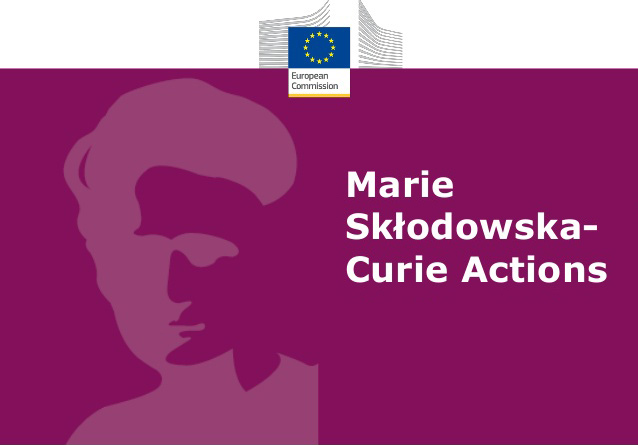Programme description
Researchers interested in PFs
- should have a PhD degree at the time of the deadline for applications. Applicants who have successfully defended their doctoral thesis but who have not yet formally been awarded the doctoral degree will also be considered eligible to apply
- must have a maximum of eight years experience in research, from the date of the award of their PhD degree, years of experience outside research and career breaks will not count towards the above maximum, nor will years of experience in research in third countries, for nationals or long-term residents of EU Member States or Horizon Europe Associated Countries who wish to reintegrate to Europe
- should comply with mobility rules: they must not have resided or carried out their main activity (work, studies, etc.) in the country of the beneficiary (for European Postdoctoral Fellowships), or the host organisation for the outgoing phase (for Global Postdoctoral Fellowships) for more than 12 months in the 36 months immediately before the call deadline
There are 2 types of Postdoctoral Fellowships:
- European Postdoctoral Fellowships. Theyare
open to researchers moving within Europe or coming to Europe from
another part of the world to pursue their research career. These
fellowships take place in an EU Member State or Horizon Europe
Associated Country and can last between 1 and 2 years. Researchers of
any nationality can apply.
- Global Postdoctoral Fellowships. They fund the
mobility of researchers outside Europe. The fellowship lasts between 2
to 3 years, of which the first 1 to 2 years will be spent in a
non-associated Third Country, followed by a mandatory return phase of 1
year to an organisation based in an EU Member State or Horizon Europe
Associated Country. Only nationals or long-term residents of the EU
Member States or Horizon Europe Associated Countries can apply.
Both types of fellowships may also include short-term secondments anywhere in the world during the fellowship (except during the return phase of a Global Fellowship).
In an effort to build bridges between the academic and non-academic sector, researchers can receive additional support to carry out a placement of up to 6 months in a non-academic organisation based in an EU Member State or Horizon Europe Associated Country. This placement needs to take place at the end of their fellowship.
Marie Skłodowska – Curie actions – guidelines on supervision – guidelines, helping both researchers and institutions to set the direction for monitoring the researcher’s work.
Marie Skłodowska-Curie actions – Green Charter – a collection of good practices addressed to both institutions and researchers, including environmental issues.
Net4Mobility+ – offers from institutions wishing to invite researchers to submit a joint MSCA PF proposal.
Timeline
Call opening date: 12 May 2022
Closing date of the call: 14 September 2022 (5 pm Brussels time)
Deadline for publication of the results of the call: February 2023
Types of eligible costs
The beneficiary receiving EU funding needs to recruit the researcher for the total period of the fellowship.
The EU provides support for the recruited researcher in the form of
- a living allowance (5 080 € per month)
- a mobility allowance (600 €)
- if applicable, family, long-term leave and special needs allowances (660 €)
In addition, funding is provided for
- research, training and networking activities (1000 € per month)
- management and indirect costs (650 € per month)
